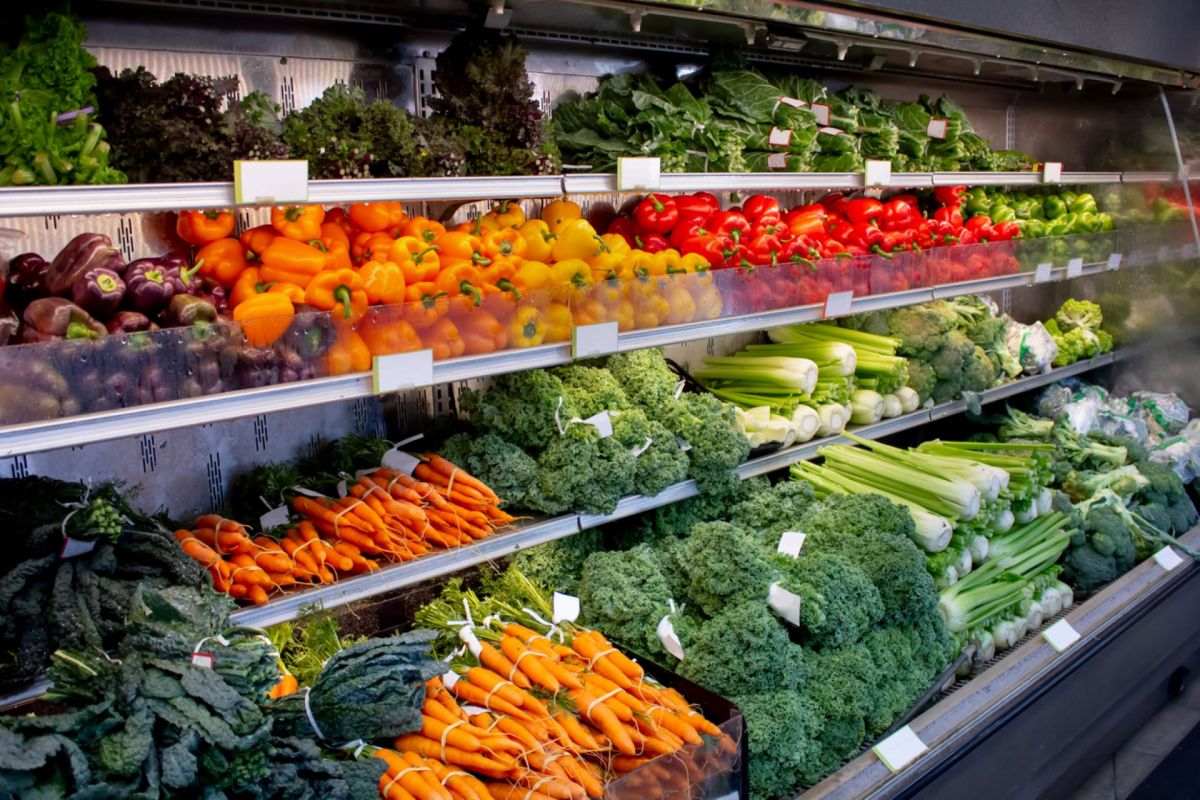Ah, kale. Once a golden child among leafy greens — a 2011 talking point for Gwyneth and Ellen, a 2012 "Dish of the Year" star for Bon Appétit, and the 2014 fashion focus of a Beyoncé video — kale has since had increasing detractors alongside its defenders.
Now a pilot study has found toxic "forever chemicals" in kale samples — especially organic ones — though its authors present this as a critique of chemical pervasiveness, not an anti-kale attack.
What happened?
The nonprofit Alliance for Natural Health USA (ANH) tested supermarket kale from four states and detected the toxic chemicals in seven of eight samples.
PFAS, also known as forever chemicals because of their practically endless lifespans, are compounds manufactured for special properties, including fire and water resistance. They appear in products ranging from fire extinguishers to dental floss.
These chemicals persist in the human body as well as the environment, and emerging science links them to a drug disclaimer's worth of health issues, including high cholesterol, liver damage, and risks of kidney and testicular cancers.
Why are PFAS in kale concerning?
Robert Verkerk, founder of ANH, told the Guardian that his group tested kale "to look at an archetypal healthy vegetable." Researchers expected to find small amounts of PFAS, but the levels "stunned" them.
"The fact that kale, one of the healthiest foods you can get at the supermarket, is contaminated, is particularly concerning," ANH notes online.
Verkerk told the Guardian it was also a "shock finding" that organic kale had high PFAS levels. The contamination source is unclear, though Verkerk suspected dirty water or sewage sludge spread as fertilizer.
The results, released in June, contradict previous Food and Drug Administration (FDA) analyses that reported no PFAS kale contamination.
The FDA states online that "we have found that most foods not grown or produced in specific geographic areas with known PFAS contamination do not have detectable levels of PFAS."
ANH takes issue with the FDA and Environmental Protection Agency's (EPA) testing as "grossly inadequate."
Although there are no limits for PFAS in U.S. foods, the EPA recently proposed a PFAS drinking water standard.
What can I do about PFAS in produce?
The EPA lists steps to reduce risks, including learning more.
ANH notes that washing produce may not be effective against PFAS. The organization urges a PFAS ban and has tools for individuals to learn more and take action.
Efforts to control PFAS may help reduce planet-heating pollution. The EPA has linked PFAS production to heat-trapping gases.
For its part, ANH plans more tests, and it calls for government agencies to improve their tests and regulations: "The issue isn't PFAS-contaminated kale per se, it's more that we likely live in a PFAS-contaminated world."
Join our free newsletter for easy tips to save more, waste less, and help yourself while helping the planet.








